If you’re relocating to Spain, you’ll be pleased to know that your new home definitely knows how to welcome new arrivals. This lively Mediterranean nation has excellent cuisine, stunning scenery, and some of Europe’s most enchanting cities. However, if you’re making the move to the Iberian sun, there are a few things you need to do during your first week in Spain.
Indeed, as anyone who’s moved abroad will tell you, the first few days in a new country can be something of a rollercoaster. And even siesta-loving Spain is no exception to this rule. From finding a local primary school to knowing which Spanish apps to download, navigating everyday life in your new home can be a challenge.
But fear not, because our list of 10 things you should do during your first week in Spain is here to help.
N26
Sign up to the future of banking in Spain with N26. With their simple English app, you can apply for a free account in minutes, giving you access to N26’s suite of financial and banking products. From current accounts and mobile payments, to budgeting and insurance, get your finances ready for your new life in Spain with N26.
1. Find your new home in Spain
One of the first things you’ll need to do in Spain is finding somewhere you and your family are going to rest your heads that evening. Some new arrivals will have read our moving checklist and booked something temporary in advance. Others may have their accommodation sorted by an employer or agency ahead of time. However, for the vast majority, finding shelter will be high on your to-do list for your first week in Spain. If you’re looking for a short-term fix, consider a holiday let or serviced apartment. These apartments can be found in most large towns and cities and offer a comfortable place to start your new life in Spain. You can find temporary lets on platforms such as:
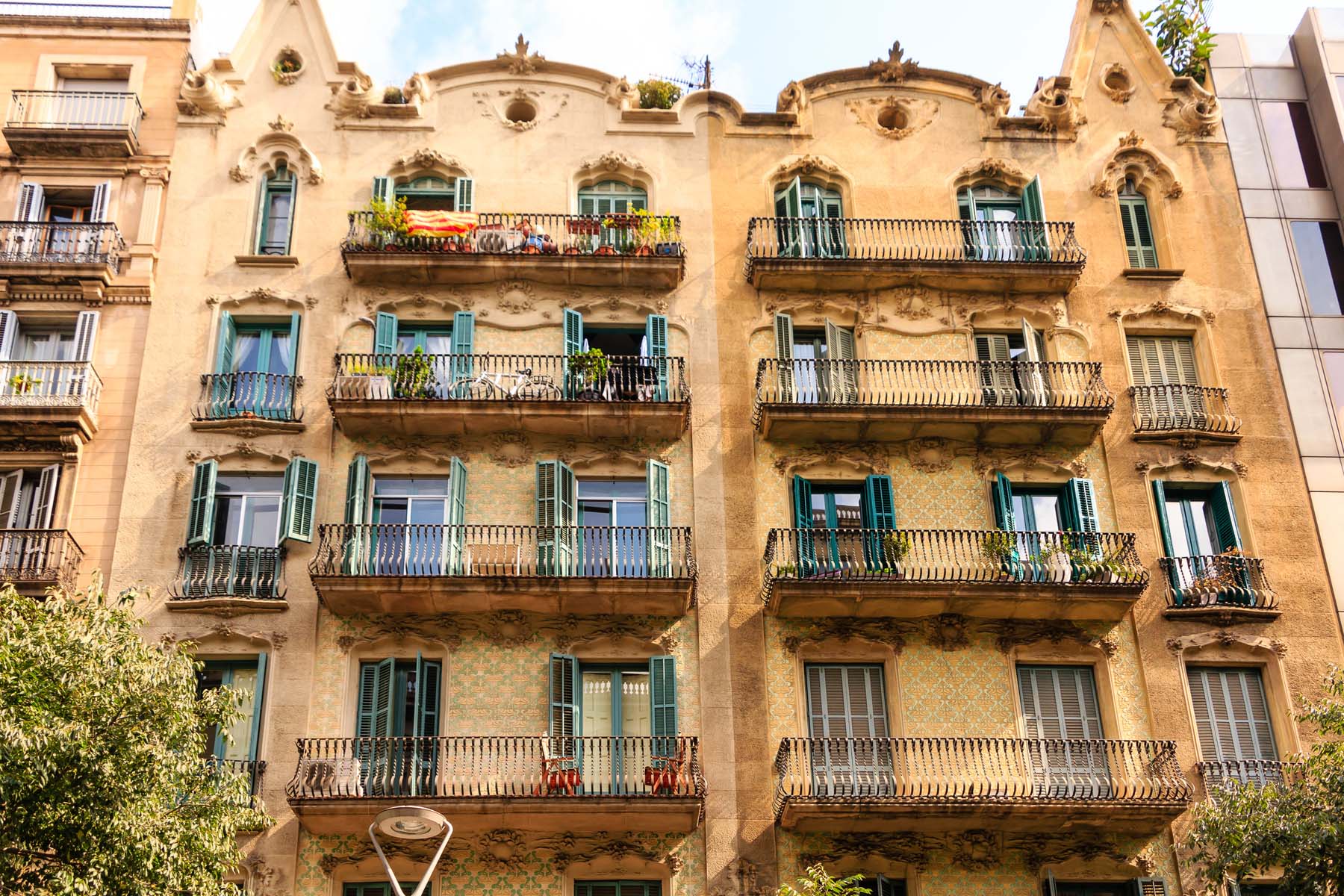
If you’re in the market for something a little more permanent, you might want to consider renting a property in Spain. Rental prices vary significantly throughout the country, although you can typically expect to pay a lot more in larger cities like Madrid, Barcelona, and Bilbao. If you’re thinking about buying a home in Spain, you’ll probably need to do your research before parting with any cash. A good place to start is the online property portals, as well as local real estate agents, who can help you through the process.
2. Register with the authorities
If you’re moving to Spain, be aware that some new arrivals need to register with the local authorities. This largely depends on your situation, so make sure you research what’s required ahead of time. For example, EU/EEA citizens moving to Spain for less than three months are not required to register. However, those planning a longer stay will need to register for an EU Registration Certificate (Certificado de Registro de Ciudadano Europeo). Arrivals from non-EU countries will also need to register in line with their visa status and requirements laid out by Spain’s immigration service. All new arrivals in Spain should also register with El Padrón, at their local town hall (ayuntamiento).
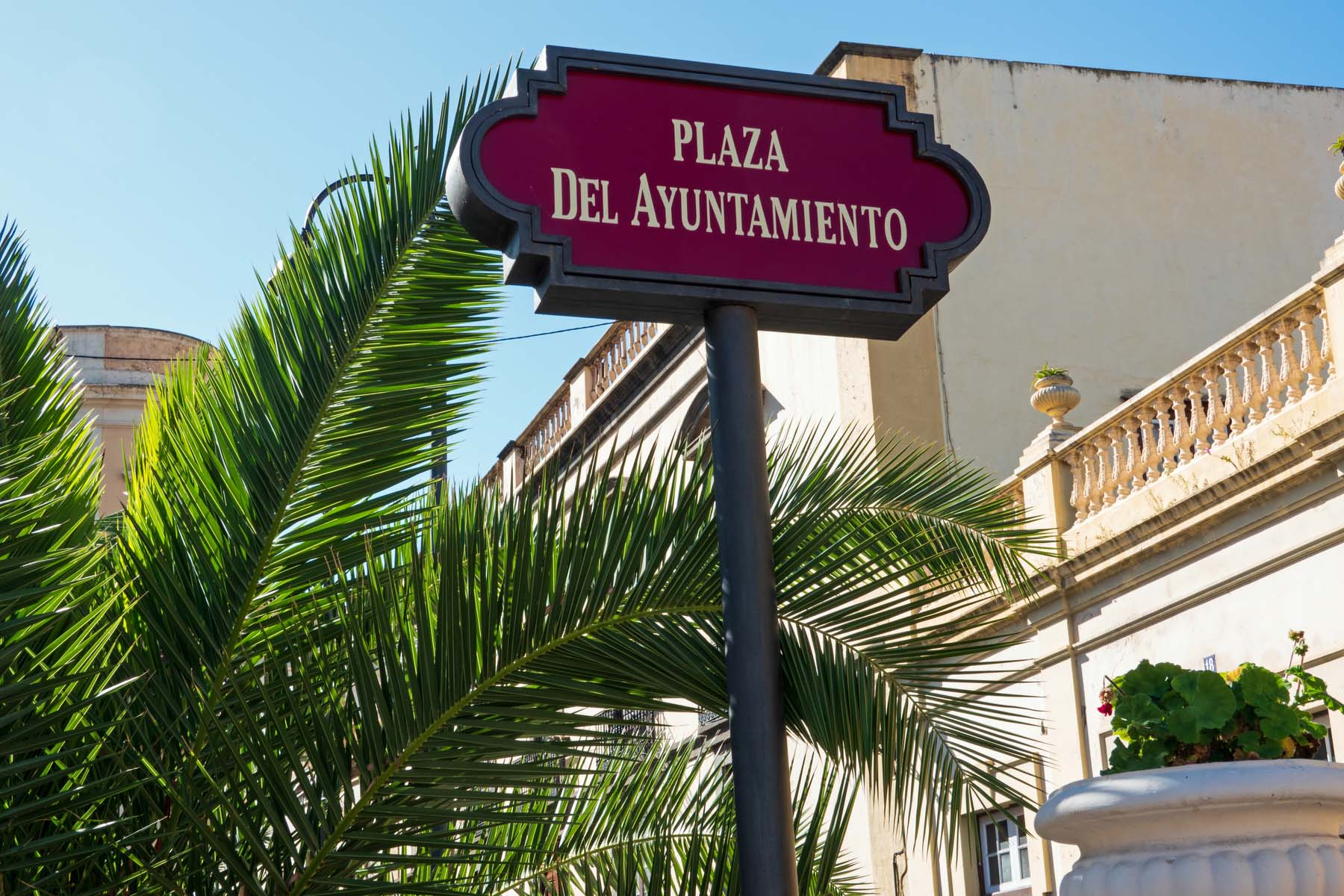
In addition to this, you can also apply for a Foreigner Identification Number, or NIE (Número de Identificación de Extranjero) during your first week in Spain. This is a legal number assigned to foreigners living in Spain to help the government keep track of the population. You’ll also need it to do many important things in Spain, such as opening a bank account, getting paid by an employer, or setting up utilities at home. You should apply for an NIE within your first three months in the country. However, applying for a registration certificate will also generate this number, so you may be able to save yourself some time.

Immigration Consultant
Luisa Morales
Insider Tip: Empadronamiento
Registering your address at the local town hall (empadronamiento) might seem small, but it’s a big deal. It’s often required for health insurance, school enrollment, or visa renewals. I didn’t realize its importance until I needed it for almost every step of settling in. Make it one of your very first tasks after finding a place to live.
3. Sign up for healthcare
During your first week in Spain, you’ll probably want to find out a little more about the healthcare options in your new home. Spain has a good public healthcare system that is available to foreigners living and working in the country. To access the system, you will need to first apply for a social security number and then a Spanish health card, or TSI (tarjeta sanitaria individual). Alternatively, you may prefer private health coverage. There are a number of private insurers operating in Spain, including:
For more information on finding coverage and signing up, read our guide to health insurance in Spain.
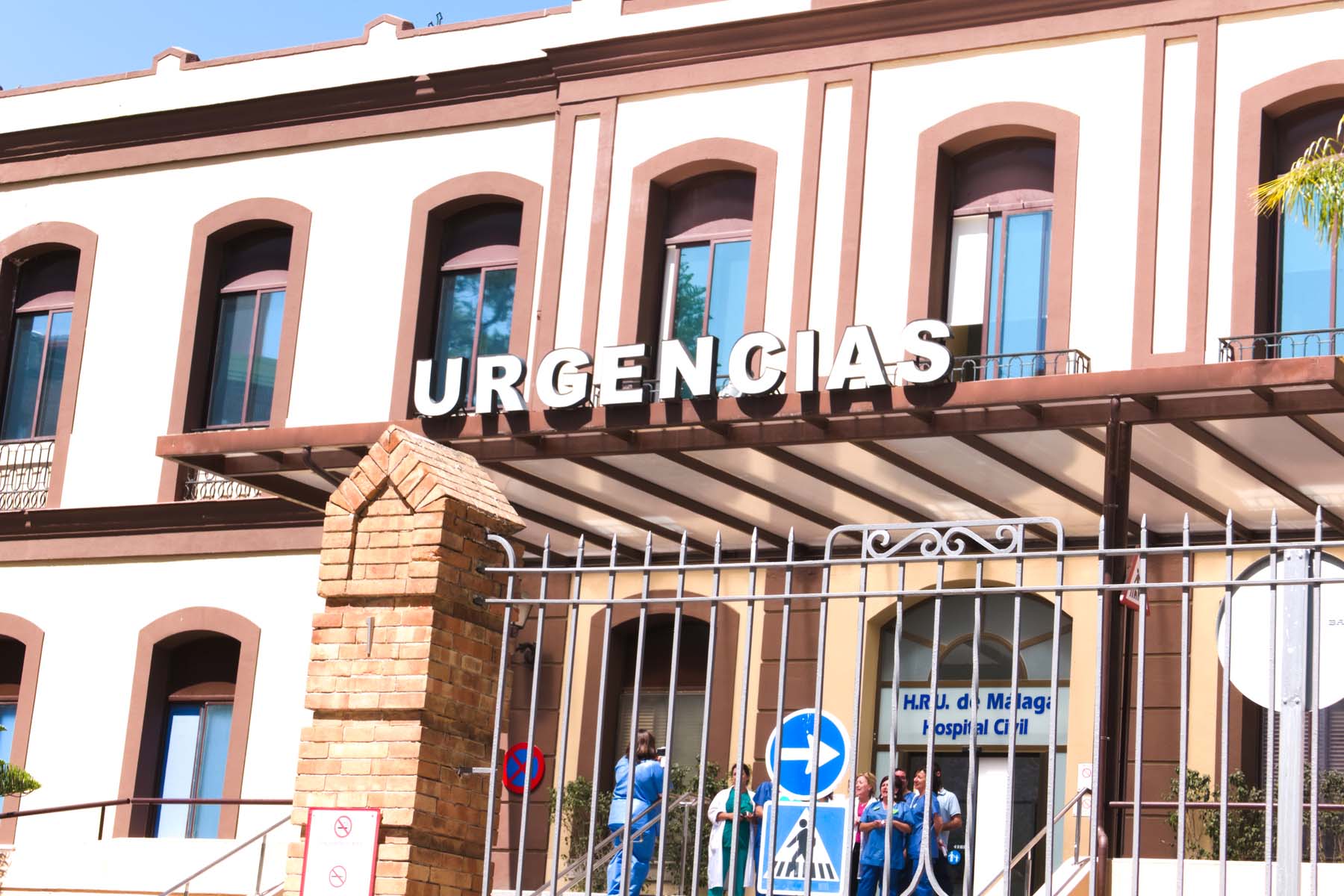
It’s not only health coverage you may wish to take out during your first week in Spain. There are a number of other insurance products you may require. For example, if you’re planning to drive in Spain, you’ll need car insurance. You may also want home insurance for your new Spanish address, as well as contents and liability coverage. There are other policies you may wish to consider, too. For a better idea, read our guide to insurance in Spain.
4. Open a Spanish bank account
One simple way to make your life a little easier during your first week in Spain is by opening a Spanish bank account. It doesn’t matter whether you’re doing household shopping or signing up for a Spanish SIM card, a local bank account can make things easier. It can also help with all those fun new experiences, such as tapas with friends or taking the kids to see the local basketball team in action.
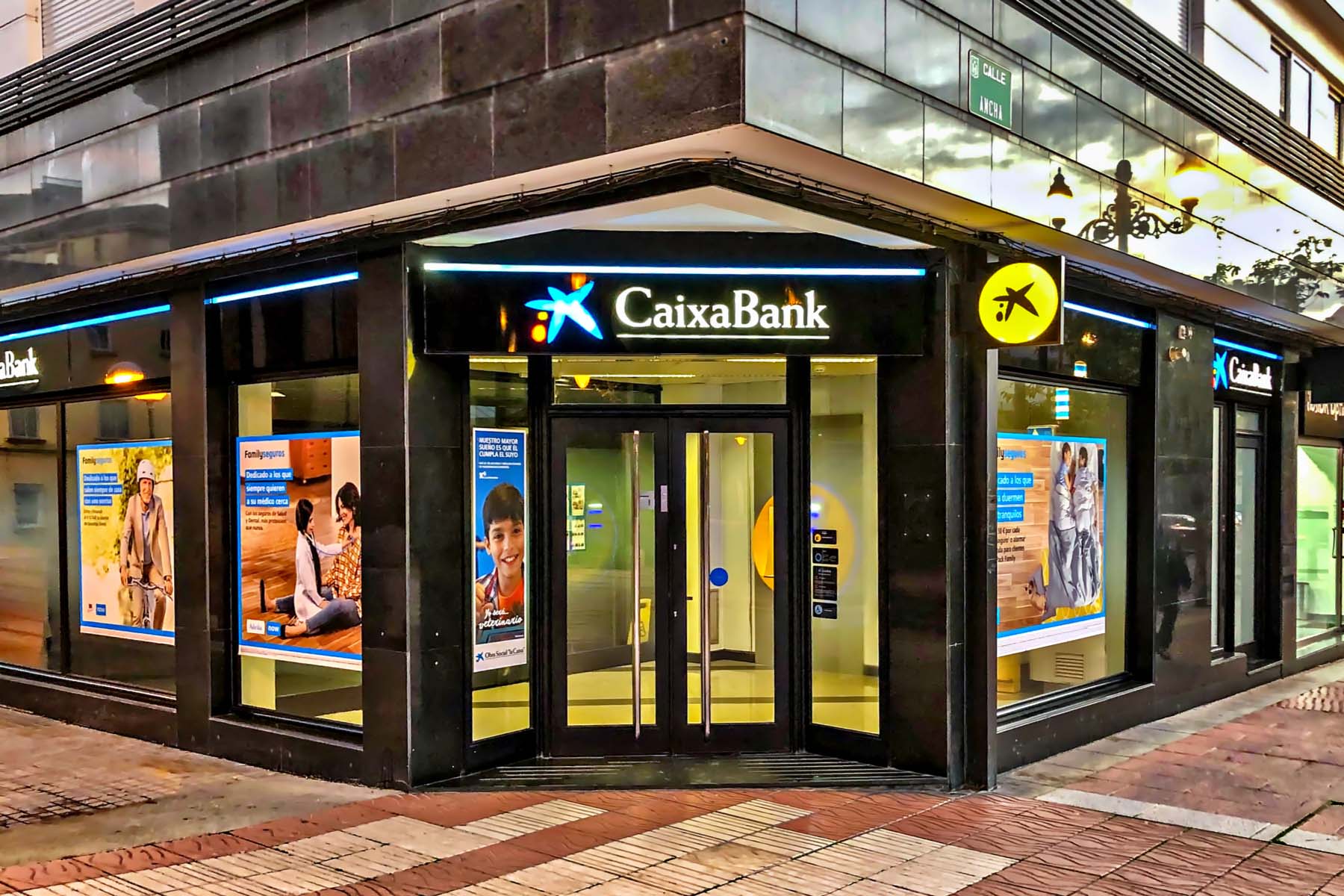
As you might expect, Spain has a host of banking options for new arrivals. Major banks in Spain include Santander, BBVA and Caixabank. If you want to open an account, the easiest way is to visit your local branch. However, you’ll likely need some Spanish to get by. An alternative is mobile banking in Spain. These digital banks offer easier online sign-up procedures, with some in English. Mobile banks in Spain include:
Also, if you need to transfer money from back home, then check out money transfer platforms such as CurrencyFair and Wise.
5. Get a Spanish SIM card
An important part of setting up a life abroad is getting hold of a local SIM card. Not only does this give you a cheap and easy way to keep in touch with your loved ones back home, but it’ll also mean you’re more contactable for your new life in Spain. It’s also important if you’re looking for a job in your new home. Whatever your reason, getting a Spanish SIM card can make a huge difference in your life. This is especially true if you’re arriving from a non-EU country and your operator doesn’t offer free roaming in Spain.
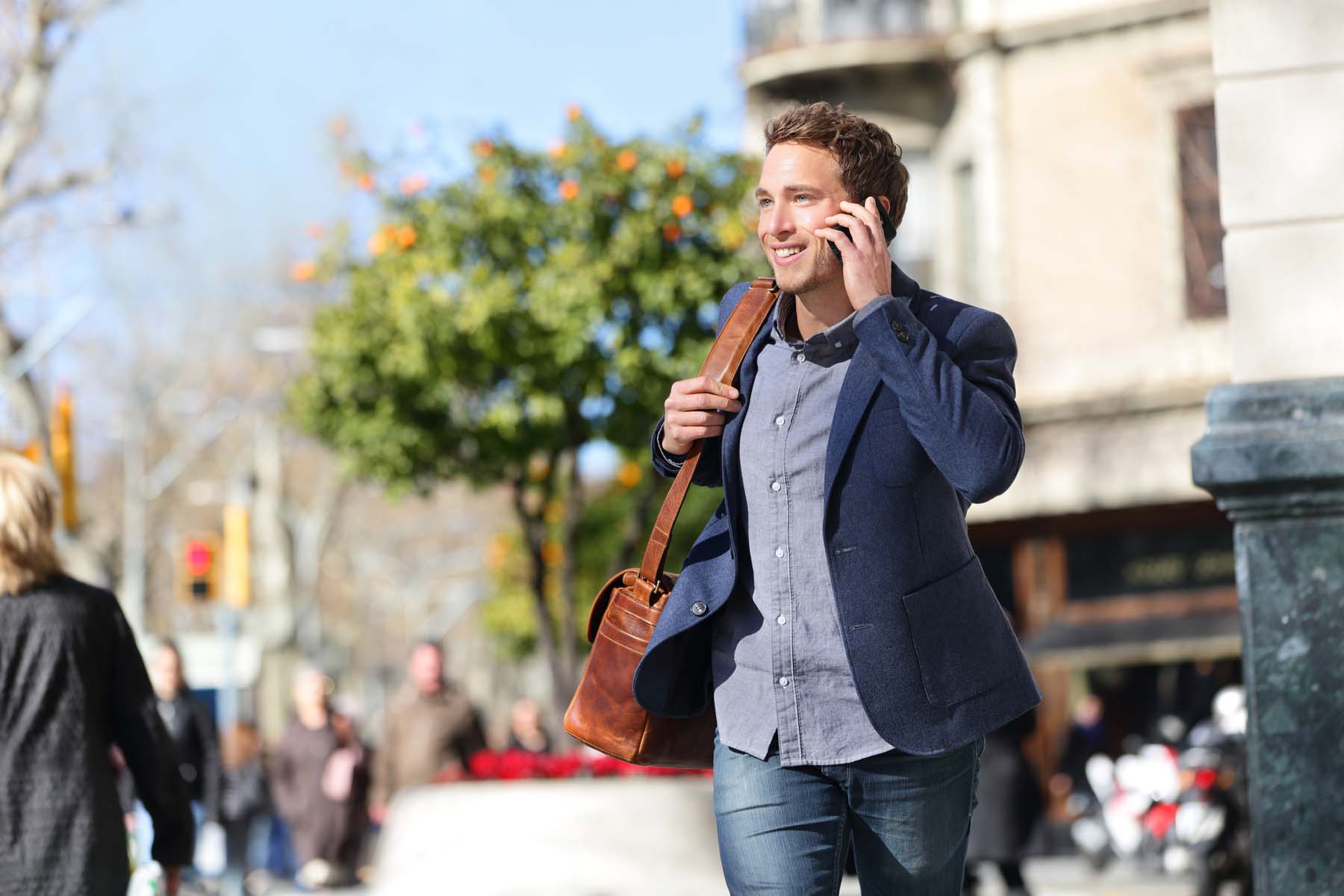
If you’re in the market for a Spanish SIM, you have two options: a prepaid SIM card or a cell phone contract. The right option for you will depend on your usage and needs, but once you’ve decided that you have plenty of options in Spain. Indeed, the Spanish mobile market is a competitive place, with a number of operators vying for your business. Mobile companies include:
Whichever network you choose, be sure to download these must-have Spanish apps during your first week in Spain.
6. Find a job
Some new arrivals in this beautiful country will already have a job offer secured before they even set foot on Spanish soil. However, for many, finding work will be high on their to-do list for that all-important first week in Spain. If that sounds like you, then you’ll probably want to make an early start on the job search and find out what you can expect from your new home. This will typically be more involved in some of the larger Spanish cities, such as Madrid, Valencia, and Bilbao. However, there are jobs throughout the country if you know where to look.

Whether you’re moving to Barcelona or Badajoz, it’s always a good idea to hit the ground running in terms of finding a new job. This can seem a bit daunting for new arrivals, particularly those who haven’t brushed up on their Spanish skills. However, starting early can help make the process run more smoothly. A good place to start with your own resume – by tailoring it to the local job market. This will give you the best chance of bagging an interview. You should also check online job portals for an idea of what’s on there, such as our very own Expatica jobs board. For more information, read our article on finding a job in Spain.
7. Sort out your transportation
It doesn’t matter whether you’ve moved to central Madrid or rural Majorca, one of the first things you’ll need to do during your first week in Spain is sort out your transportation. Naturally, your options will largely be dictated by where you decide to live. For example, those in large cities such as Barcelona, Seville, or Valencia, will have plentiful public transport options. Many of Spain’s towns and cities are also ideal for cyclists. Riding a bike is a great way to live sustainably in Spain, although accessible infrastructure varies significantly from place to place.
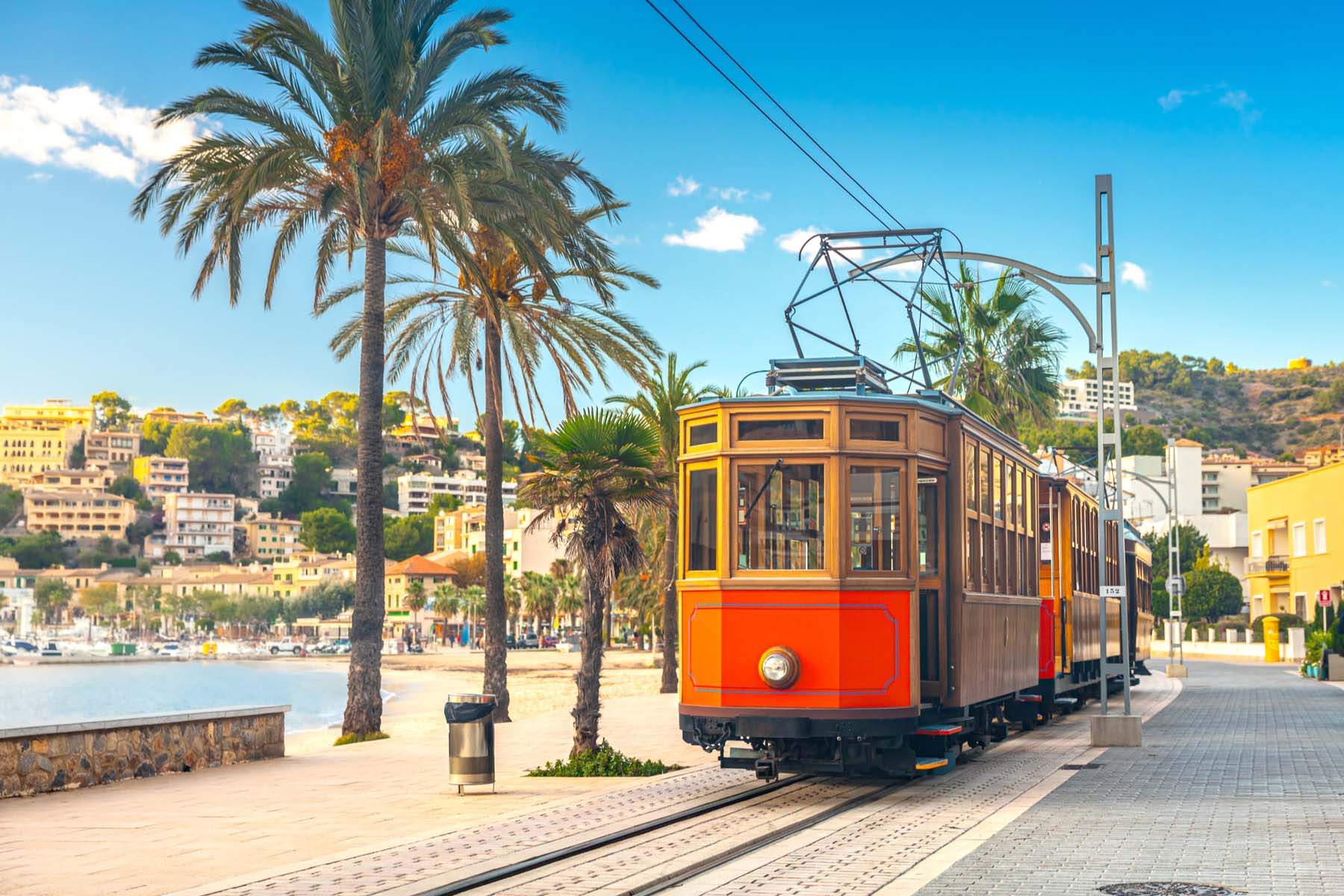
However, for some new arrivals in Spain, there will be little choice but to resort to four wheels to get around. This is particularly true if you’re relocating to rural areas or one of the countries many island communities, where public transportation can be limited. If you do plan to drive in Spain, remember to do your research ahead of time to ensure you’re on the road legally. Arrivals from other EU/EEA countries can use their existing licenses on Spanish roads. However, many new arrivals prefer swapping it for a local license, especially if they are planning a long-term stay.
8. Get your new home connected
Have you found your dream Spanish house or apartment? Then one of the first things you’ll need to do during your first week in Spain. One of the best ways to do this is by sorting out all the relevant connections you need, such as gas and electricity. Utilities in Spain can be confusing for new arrivals, so it’s best to do your research before you sign up. Energy companies in Spain include:
You’ll also need to set up an account with your local water provider. Some rental homes will already have these connections sorted. However, many will not. And if you’re looking for a flatshare, you will likely need to split the utility costs with your housemates.
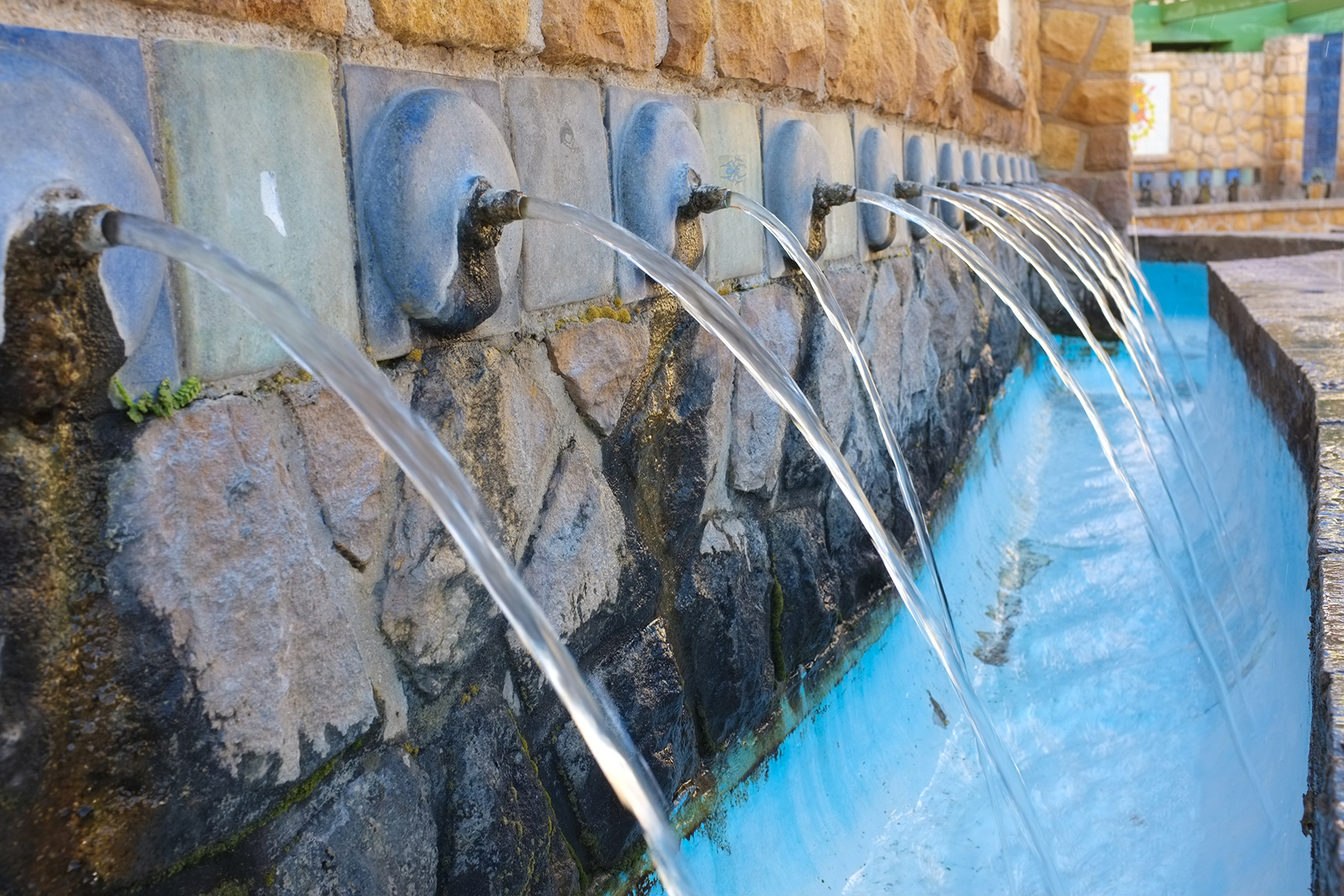
Once you’ve got your electricity connection set up, you can start thinking about other connections, such as internet and home phone. This is fairly easy in Spain, although you’ll need to find the right provider for you. Spanish phone and internet providers include:
Many providers also offer TV packages, which allow you to access shows and channels from Spain and beyond. So make sure to do your research if you’re looking for certain channels, such as sports or kids TV.
9. Enroll the children in school
If you’re moving to Spain with kids then finding them a place in a local school will probably be top of your to-do list for your first week. The first thing you’ll need to do is research the Spanish education system so you understand your options. If you’ve decided to enroll them in a local Spanish school, then contact your local municipality as soon as possible to help the process along. Public schools in Spain are typically the cheapest option and also a great way to integrate your little ones into local culture.

Many new arrivals in Spain choose to send their kids to an international school. These schools typically offer more international education options for older children, such as the International Baccalaureate (IB). If your kids aren’t quite school-age, then you’ll want to look into childcare in Spain during your first week. You can find international daycare in larger towns and cities, although be aware that these places will likely be popular with parents. If you also want to improve your language skills, check out our guide to learning Spanish.
10. Get out there and enjoy Spain
Does this list sound a little too much like hard work? Fear not. Once you start breaking things down, you’ll find that your first week in Spain doesn’t have to be quite so administerial. And, of course, it’s essential you leave yourself plenty of time to get out there and enjoy your new home. After all, you only move to Spain once (probably), so don’t waste all that first-week excitement on comparing energy prices. Whether it’s climbing the Pyrenees, checking out a nearby museum, or exploring your local tapas bars, you certainly have options.

If you’ve moved to Andalusia, be sure to visit the beautiful old cities of Granada, Cordoba, and Sevilla, while if Barcelona is your new home then check out the many architectural delights of famous local son, Antoni Gaudí. If you time your move to Valencia right, you may even see the spectacular Las Fallas, a festival where giant puppets roam the streets before being burnt in a fiery climax. It’s definitely not to be missed. So what are you waiting for? Get out there and enjoy your first week in Spain.





